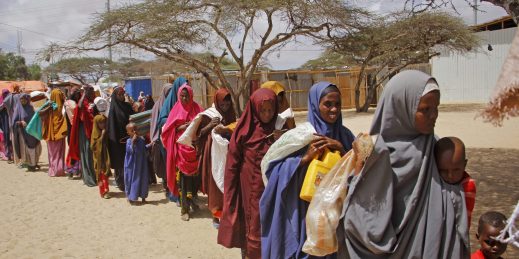The Americas Archive
Free Newsletter
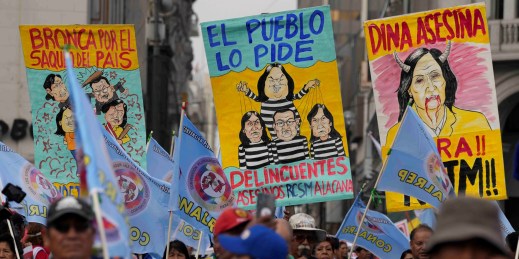
Recent weeks have been an exercise in bandwidth and attention management for Latin America. The region, via multilateral forums and organizations, has responded strongly to Venezuela’s threat to invade Guyana and Guatemala’s political crisis. That action is good to see, but those aren’t the only two challenges the hemisphere faces.
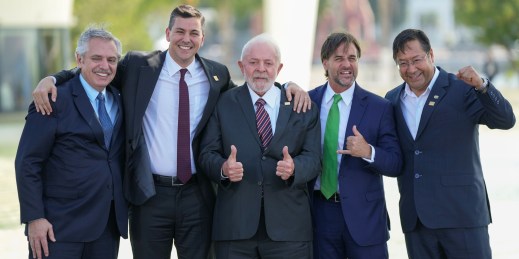
Every time the political winds shift in South America, Mercosur heads in a new direction. Last week’s summit was no exception. The trade group agreed to invest $10 billion in regional infrastructure, but its free trade deal with the EU hit yet another speed bump, in part due to worries over Argentine President Javier Milei’s plans.
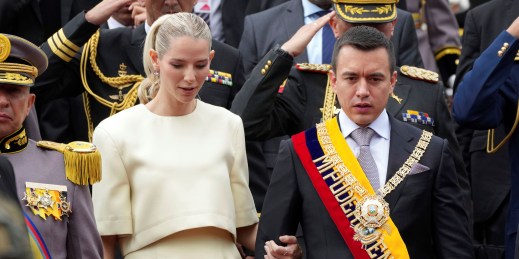
Over the past decade, the rise of social media has indelibly changed politics in Latin America and made digital outreach, especially toward large swaths of the population under 30, critical to any successful campaign. That shift has brought about the rise of a new type of political figure in Latin America: the influencer spouse.
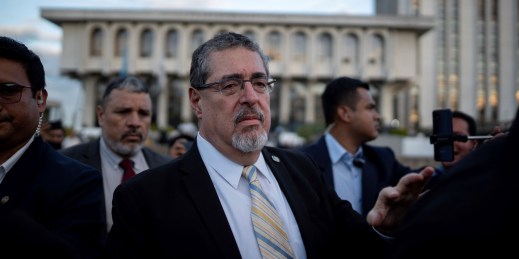
In Guatemala, efforts by the outgoing administration of President Alejandro Giammattei to prevent President-elect Bernardo Arevalo from taking office continue despite evidence that Guatemalans are determined to defend the electoral results. Most recently, the government has tried to cook up a criminal case against Arevalo.
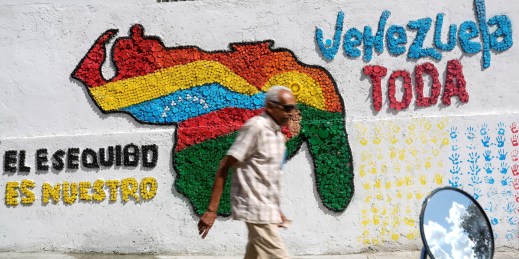
Yesterday, Venezuela held a controversial referendum to underscore its longstanding territorial claim to Guyana’s Essequibo region. But despite fears the referendum was an effort to provide popular legitimacy for the government to seize and annex Essequibo, there are plenty of reasons why a military operation to do so is highly unlikely.

